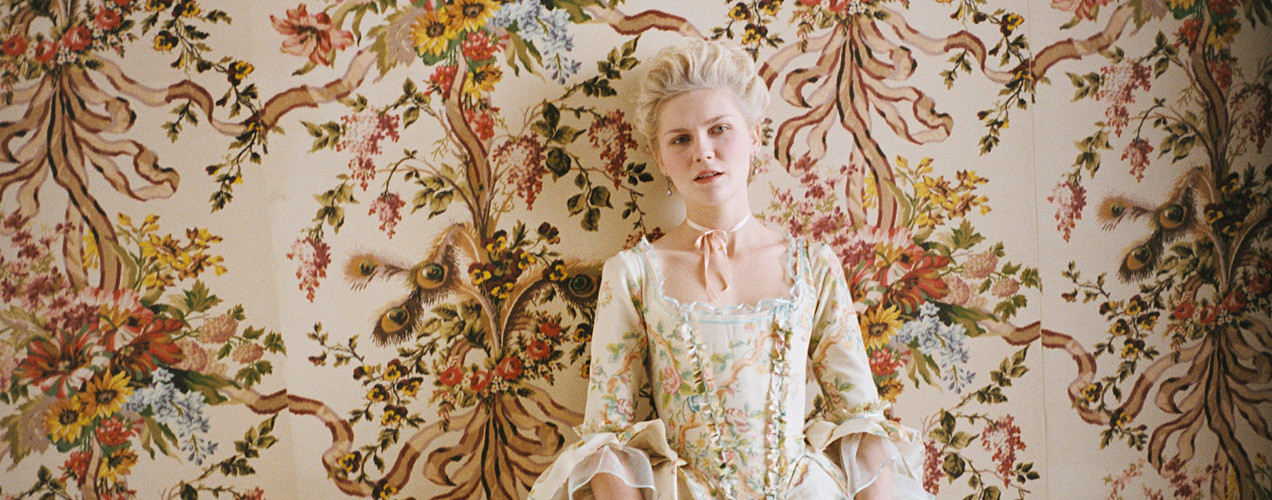2006 / Sofia Coppola > After everything, there’s just something, however minute, missing from Marie Antoinette for it to become the rich and evocative biopic that Coppola must have intended. It could have been a different ending, better pacing or simply the addition or deletion of a storyline. But as it stands, the film is far more memorable for its dresses of grandeur, the decadence of the Rococo and Kirsten Dunst’s performance in a role that very much becomes her. (Which, effectively, makes up for her being atrociously cast in Elizabethtown.)
There is a scene early on in the film where Dunst first wakes up at Versailles only to find a troupe of women and men at her servitude. In the following minutes where she is dressed, Coppola somehow manages to define the reasoning behind the French Revolution. For me, it stands as the defining moment in the film where she so subtly argues for and justifies the revolution. But what if one asks, “What is this film trying to say?” Coppola’s intention is unclear: Are we to understand the aristocratic idiocy of the period, or focus on the girl in the center and try to empathize with her as a person, not as the Queen of France?
But letting such lack of clarity slide, it’s hard to imagine not enjoying the anachronistic usage of modern music (particularly Aphex Twin’s “Jynweythek Ylow” and Bow Wow Wow’s “Candy”) and the sheer jubilance Dunst’s smile evokes. Using all that is style, Coppola did succeed in making me feel for Marie-Antoinette’s predicament. The fusion of style and substance is a little skewed toward the former, but this is ultimately a film for the heart, not the mind. It is as imperfect and naive as Marie-Antoinette herself.

